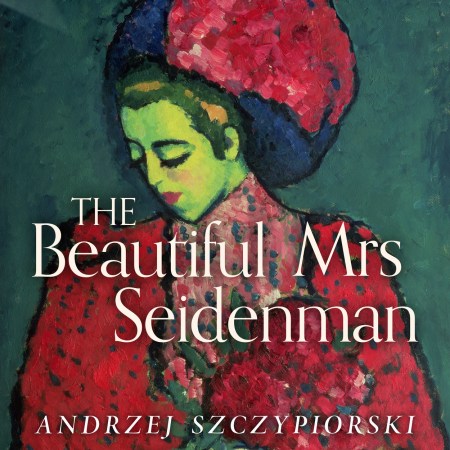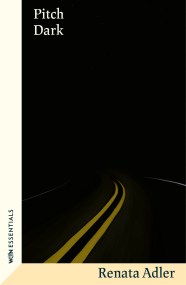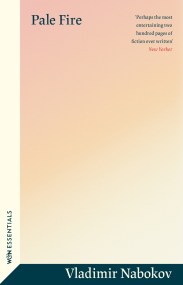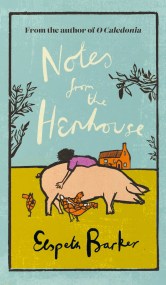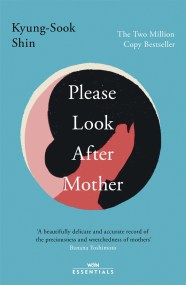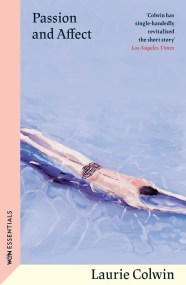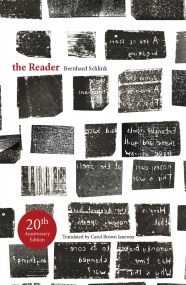In the Nazi-occupied Warsaw of 1943, Irma Seidenman, a young Jewish widow, possesses two attributes that can spell the difference between life and death: she has blue eyes and blond hair. With these, and a set of false papers, she has slipped out of the ghetto, passing as the wife of a Polish officer, until one day an informer spots her on the street and drags her off to the Gestapo.
At times a dark lament, at others a sly and sardonic thriller, The Beautiful Mrs. Seidenman is the story of the thirty-six hours that follow Irma’s arrest and the events that lead to her dramatic rescue as the last of Warsaw’s Jews are about to meet their deaths in the burning ghetto.
‘Dense, lyrical and deeply unsettling . . . By focusing on a couple of weeks in the lives of a dozen Warsaw residents and occasionally leaping forward into the convulsions of recent Polish politics, Szczypiorski is able to delineate the consequences of World War II on a group of ordinary citizens. Though the novel is in many ways an anguished and loving elegy for the Poland that sustained the convulsions of World War II, the book also takes an uncompromising look at the anti-Semitism and class prejudices that have flourished so tragically in that country – and the attendant legacy of fear and hate and guilt’ MICHIKO KAKUTANI, NEW YORK TIMES
Translated from the Polish by Klara Glowczewska
At times a dark lament, at others a sly and sardonic thriller, The Beautiful Mrs. Seidenman is the story of the thirty-six hours that follow Irma’s arrest and the events that lead to her dramatic rescue as the last of Warsaw’s Jews are about to meet their deaths in the burning ghetto.
‘Dense, lyrical and deeply unsettling . . . By focusing on a couple of weeks in the lives of a dozen Warsaw residents and occasionally leaping forward into the convulsions of recent Polish politics, Szczypiorski is able to delineate the consequences of World War II on a group of ordinary citizens. Though the novel is in many ways an anguished and loving elegy for the Poland that sustained the convulsions of World War II, the book also takes an uncompromising look at the anti-Semitism and class prejudices that have flourished so tragically in that country – and the attendant legacy of fear and hate and guilt’ MICHIKO KAKUTANI, NEW YORK TIMES
Translated from the Polish by Klara Glowczewska
Newsletter Signup
By clicking ‘Sign Up,’ I acknowledge that I have read and agree to Hachette Book Group’s Privacy Policy and Terms of Use
Reviews
There are accidental heroes and inadvertent villains, surprising and unexpected switches that lend the book its extraordinary originality.
A rare find... An exceptional storyteller, Szczypiorski passionately re-creates the tumultuous war years for us, also providing insight into the current resurgence of Polish nationalism and Solidarity.
The prose is stunning, thanks to a masterful translation by Klara Glowczewska, and the characters are so fully fleshed that they seem to step off the page in order to communicate with the reader.
With a fine balance between poetic tenderness and an unflinching account of the brutal realities of the day, Szczypiorski shows us the intertwining lives of the few Poles, Jews, and Germans who risk everything to save her.
A masterful accomplishment, written with the kind of suspense that makes it impossible to put down.
Szczypiorski recounts the eternal calvary of a Poland drunk with independence, but always enslaved and always crushed, in a sparse language as classical as that of Thomas Mann. Superb.
What happens to the beautiful Mrs. Seidenman is wholly believable, and carries the full impact of historic truth.
A masterpiece of modern prose which grips the reader with the power of a high-class thriller.
Dense, lyrical and deeply unsettling... Szczypiorski creates in these pages a kaleidoscopic portrait of life in Nazi-occupied Warsaw... By focusing on a couple of weeks in the lives of a dozen Warsaw residents Szczypiorski is able to delineate the consequences of World War II on a group of ordinary citizens, and the place of that war within the arc of Polish history... As Szczypiorski sees it, good and evil, heroism and cowardice, are not the stuff of high tragedy; they are simply elements of daily life, occasionally thrown into relief by events like war and persecution. Thanks to the trickery of luck and grace, innocence may be redeemed by a mercenary act, as easily as it may be saved through genuine charity and compassion; injustice may result from carelessness and bad timing, as easily as it may proceed from bigotry and hatred.
Brilliantly choreographed . . . blunt and hauntingly moving.
The authorial voice here - now gentle, now sardonic, but always piercingly omniscient - takes unique advantage of its eighties' perspective to create an unforgettable group portrait.
Complex and convincing.

